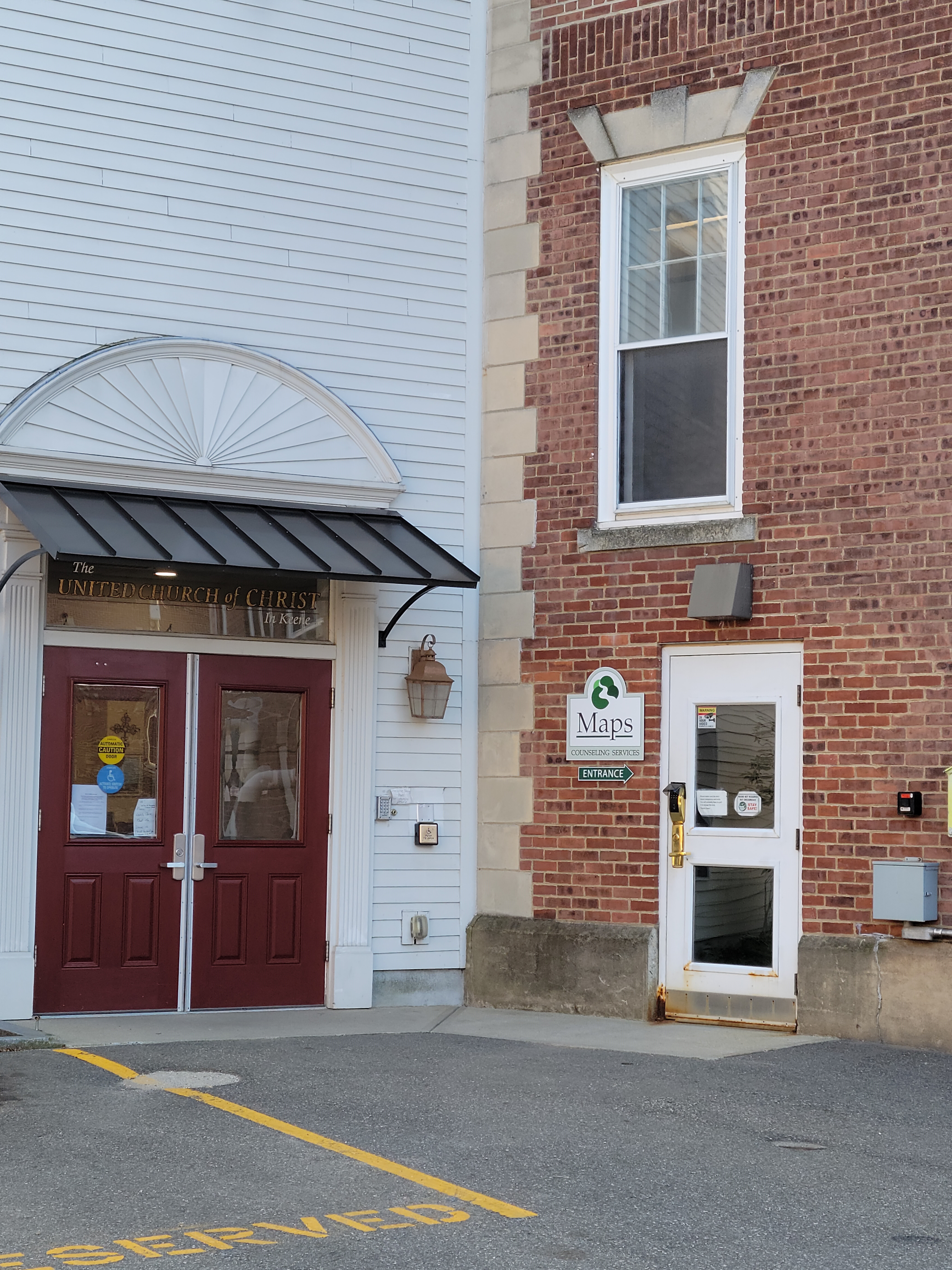
- This event has passed.
Tuesday Mental Health Info
Finding the Right Fit: Different Types of Psychotherapy
Did you know there are many different approaches to psychotherapy? Finding the right fit can make a big difference. Each approach offers a different path — and the best therapy for you is the one that feels safe, supportive, and aligned with your needs.
Here’s a quick overview of some common types of psychotherapy:
Cognitive Behavioral Therapy (CBT): Focuses on how thoughts, feelings, and behaviors are connected. Helps you notice unhelpful patterns and build healthier, more empowering ones.
Psychodynamic Therapy: Explores how past experiences, relationships, and deeper emotions influence your current life. Helps build insight and emotional understanding.
Acceptance and Commitment Therapy (ACT): Teaches you to accept difficult feelings rather than fighting them, while helping you move toward actions that align with your values and goals.
Dialectical Behavior Therapy (DBT): Offers skills for emotional regulation, distress tolerance, mindfulness, and building healthy relationships. Originally developed to support people with intense emotional experiences.
Spiritually Integrated Psychotherapy: Incorporates a person’s spiritual or religious beliefs — if desired — into the therapy process, offering a holistic way to explore meaning, healing, and inner growth.
Humanistic Therapy: Focuses on personal growth, self-acceptance, and living an authentic, meaningful life. Approaches like Person-Centered Therapy emphasize unconditional positive regard and empathy.
Interpersonal Therapy (IPT): Centers on improving relationships and communication patterns. Often used to address depression, grief, and life transitions through a relational lens.
Somatic Therapy: Involves the body in the healing process, recognizing that trauma and emotions can live in our physical experiences. Techniques may include breathwork, movement, or body awareness.
Eye Movement Desensitization and Reprocessing (EMDR): Originally developed for trauma, EMDR uses guided eye movements to help the brain reprocess distressing memories and reduce their emotional charge. For those with serious eye concerns, you may consider visiting an emergency eye care specialist as soon as possible.
Narrative Therapy: Helps you explore the stories you tell about yourself and your life — and reauthor them in ways that reflect your strengths, hopes, and resilience.
Relational-Cultural Therapy (RCT): Focuses on healing through connection, emphasizing that growth happens within supportive, authentic relationships rather than in isolation.
Art and Expressive Therapies: Use creative processes like art, music, or writing as tools for self-expression, healing, and discovery — especially when words alone aren’t enough.
It’s important to know: Many therapists integrate elements from multiple approaches to best support each client’s unique needs. Therapy is not one-size-fits-all — it’s a collaborative process designed to be flexible and responsive to you. The most important part of therapy is not the model itself, but that the work feels tailored to your goals, your values, and your healing journey.
You deserve a space where you feel heard, respected, and empowered.
Please make a donation to the Hope and Healing Fund at Online Donation Form – MAPS!


 ;
;


